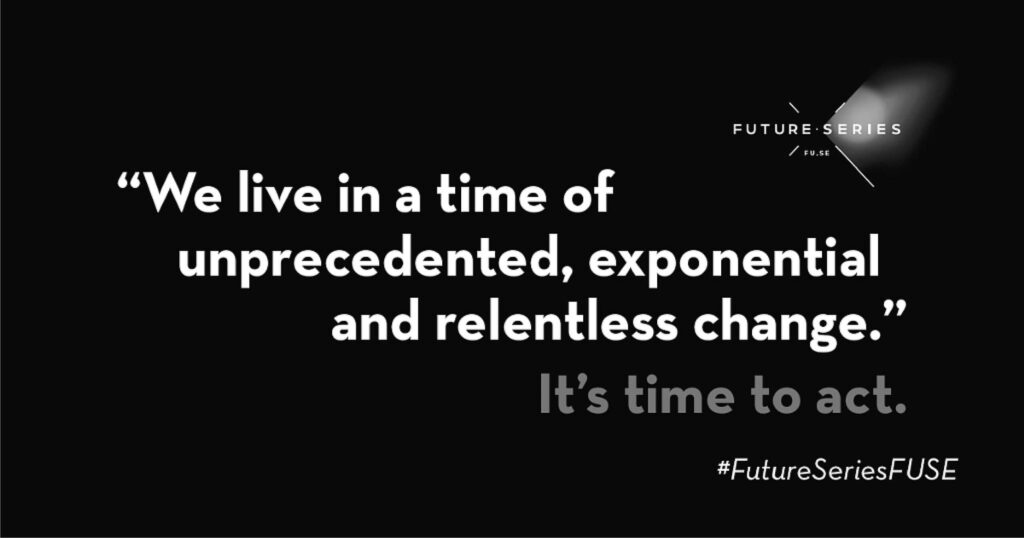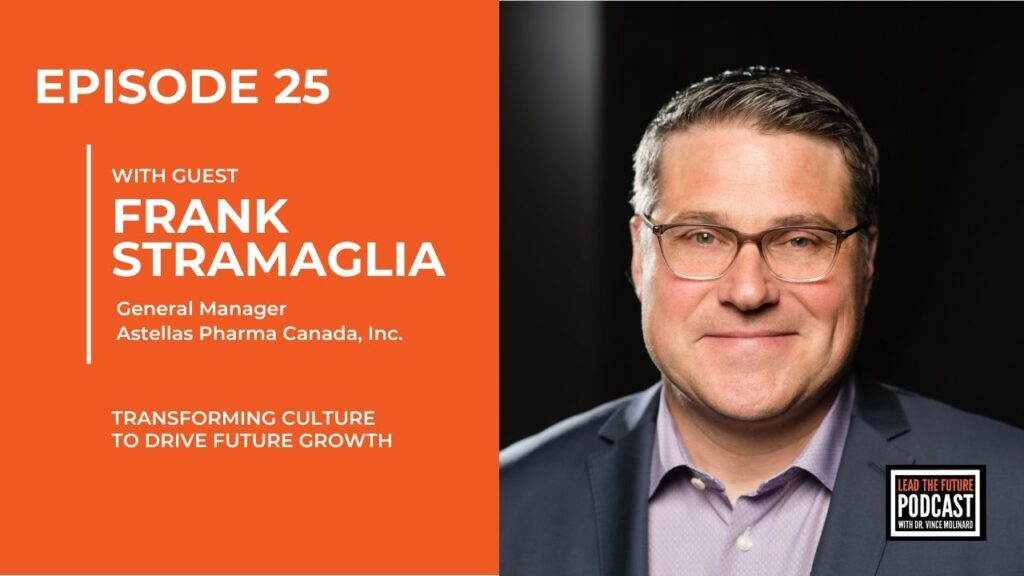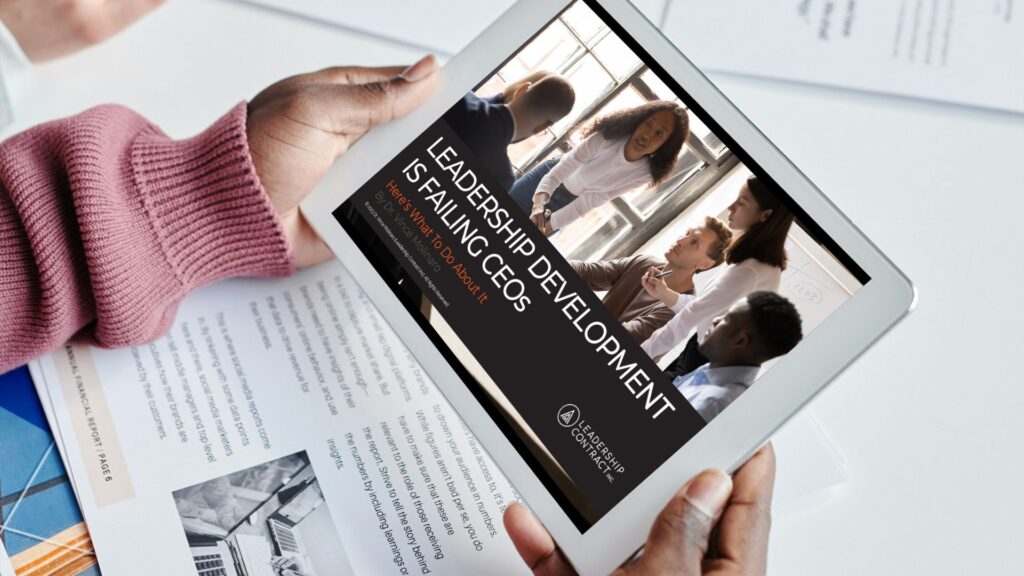I was just about to leave Milan, and I couldn’t get my mind off one particular question.
I had just attended and spoke at the Future.Series (FU.SE) conference, an event sponsored by the Adecco Group, Microsoft and the Boston Consulting Group that brought together a broad array of business, government and policy leaders to help create a future of work that works for everyone.
If you read my blogs, you know that this is a topic that I spend a lot of time thinking and talking about with my colleagues and clients.
However, as I prepared to leave this very inspiring event, I asked myself a really tough question.
“Am I learning new skills and preparing to be successful in tomorrow’s world of work?”
When you hang out with all these high-level people having high-level conversations about the future of work, you assume you’re one of the lucky people who are prepared for the future. As I thought about what I had heard at this conference, I wasn’t so sure. The whole event gave me a lot to think about.
One of the most interesting discussions was led by Brad Smith, President and Chief Legal Officer at Microsoft, who spoke eloquently about how technology is reshaping the very nature of work. He also talked about how change like this always follows a pattern: it begins slowly and gradually and then change happens suddenly where the pace picks up and things really take hold.
To make his point, he shared the story of Bertha Benz who in 1888 drove the first automobile over a long distance. The vehicle was invented by her husband Karl Benz. This was clearly an inflection point that would change the world. Before the Benz accomplishment, people used horses to get from point to point. Eventually, horses would lose their jobs to cars. But change didn’t happen overnight; it took nearly 50 years for the automobile to fully displace the horse and buggy.
In many ways, we are facing a similar inflection point. Many technologies – digital, AI and machine learning – are already changing our lives in dramatic ways. Smith said that the hype around new technologies is always much greater than its actual use. He stressed that as leaders we need to be aware of the changes that are coming, but also be cautious with the hype.
Where does all this leave us? We know that the nature of work will change significantly, but we do not fully understand yet how this will happen. What we know for sure is that all jobs will be affected. Some will disappear completely. Others will still exist but become augmented by technology. And entirely new jobs and occupations will arise in the next one to two decades.
How are we to respond in the face of all this change?
First, we all need to learn new skills. I spent my plane ride home compiling a mental check list of all the things I had learned since I started work, and what I might need to pick up to be ready for the future. This is a list we should all compile and study.
Second, we need to start thinking about the ethics of AI, what technologies should we embrace, what should we be cautious about and what should we avoid altogether.
Finally, we need to be comfortable experimenting with new ways of working, to be creative, test out new ideas, learn from our missteps and co-create will colleagues and partners.
Our society is in the midst of a period of great change and transformation. During these times, people look to their leaders. I believe we need to be ahead of these issues and setting the example for others, looking to the future with both a healthy dose of optimism. At the same time, we need to not buy into the hype and focus on the changes that will really make a difference.
Are you ready for the future of work?
Gut Check For Leaders








